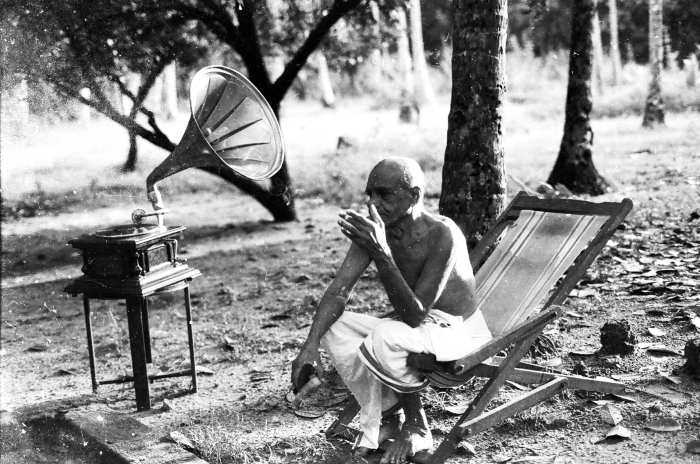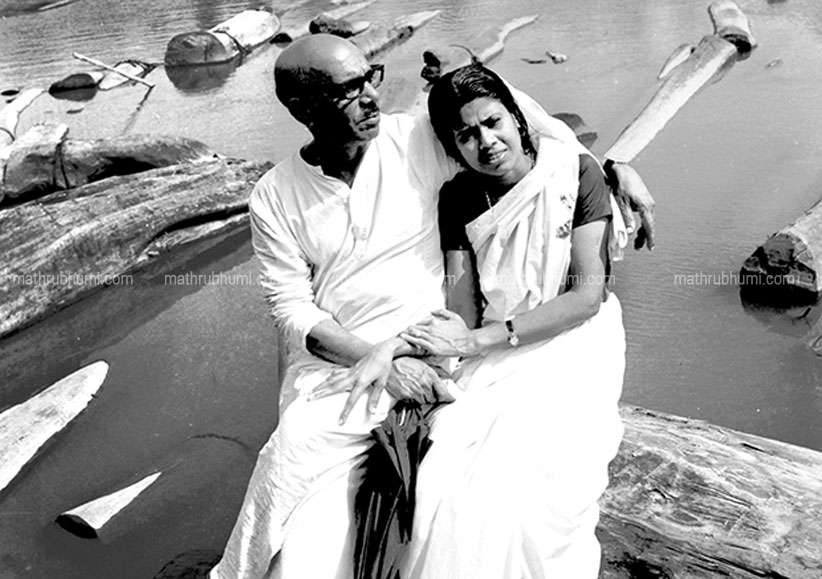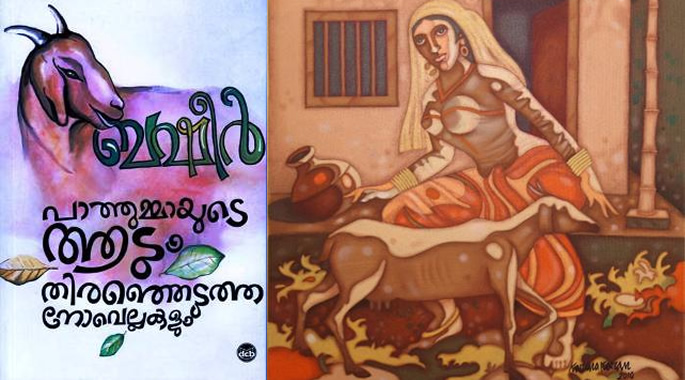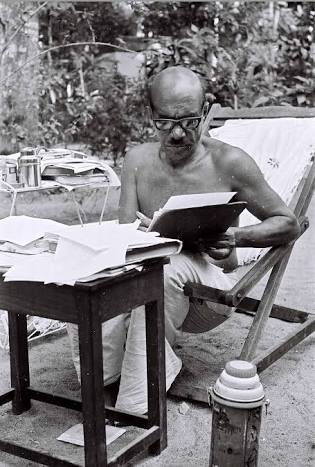
International Computer Magazine
|
|
|
greatness of a Novel.In fact, his interest was in writing crisp and short ones. One of his master pieces, Balyakalasakhi has only 75 pages. But in those 75 pages, he had actually created a miracle through words. No one scene can’t be considered illogical or a cooked up one. Everything is original and perfectly knitted. Anyone in Kerala, from a tea shop vendor to an intellectual would know his genius, since; his style of writing was so accessible. Basheer’s own experiences were distilled into his stories, making the writer a part of many of his works. In the 1930, Basheer had to leave Kerala because of an arrest warrant issued in his name by the British, owing to his writing. He then travelled the length and breadth of the country, doing a variety of jobs, including working on a fortune telling, teaching English in Kamathipura, the red light district of Mumbai and living as a Hindu hermit. His life was more colorful than his writing. Initially, even his publishers were unappreciative of the beauty of this language; they edited out or modified conversations. Basheer was outraged to find his original writings transcribed into “standardized” Malayalam, devoid of freshness and natural flow, and he forced them to publish the original one instead of the edited one. An astute observer of human character, he skillfully combined humor and pathos in his works. Love, Hunger and poverty, life in prison are recurring themes in his works. Not just a writer, he was a wonderful human being too. He loved even a tiny creature on earth as his own someone. He was a generous man, a great friend and a caring family man. Many writers, cultural activists and fans of Basheer used to throng his residence when he was alive. He used to sit on an easy chair under the shadow of a Mangosteen tree on the premises and speak to them. He received everyone with a smile on his face and a cup of ‘Sulaimani’. Everybody who once visited Basheer |
|
knew that they will receive a cup of hot Sulaimani if they visit his home, since the writer himself was an ardent lover of Sulaimani. People who know him cannot remember him without that broad framed glass that goes well with his lean figure and that shabby lungi. When we think about Basheer, the common picture that comes into our mind is a lean man sitting on an easy chair with pen and paper on his hand and a gramophone on his side. Yes, he was a music lover. He loved the records of Saigal. For his family, he was always a caring, respectful and lovable person. Even his better half, Fabi Basheer was much popular among those who loved the ‘Basheerian Style’. Unlike other writers of his time, he never believed that religion is an important factor in one’s life. He respected every faith and had a strong friendship with people who believed in different faiths. He considered religion as a way to embrace humanity. He viewed Allah as a universal concept. He never considered Allah as a god or a super power. For him, Allah is the positivity in one’s character. He says, everybody has this positivity in them but people use it differently. Even though, Basheer and his works were considered as epical by his readers, the Indian Government didn’t give the appreciation he deserved. Apart from the awards which he received for his works, he wasn’t honored as a greater personality in Literature by the government like other great writers in the country. A writer should live in the minds of his readers. At the end of the day, the awards and honors he received will not be counted, it is the respect he earned through his writings matters more. The respect Basheer has earned is clearly visible when the younger generation too remembers him as the ‘Beypore Sultan”. Definitely, he was a Sultan. An uncrowned Sultan of Indian Literature. sarika |
    |